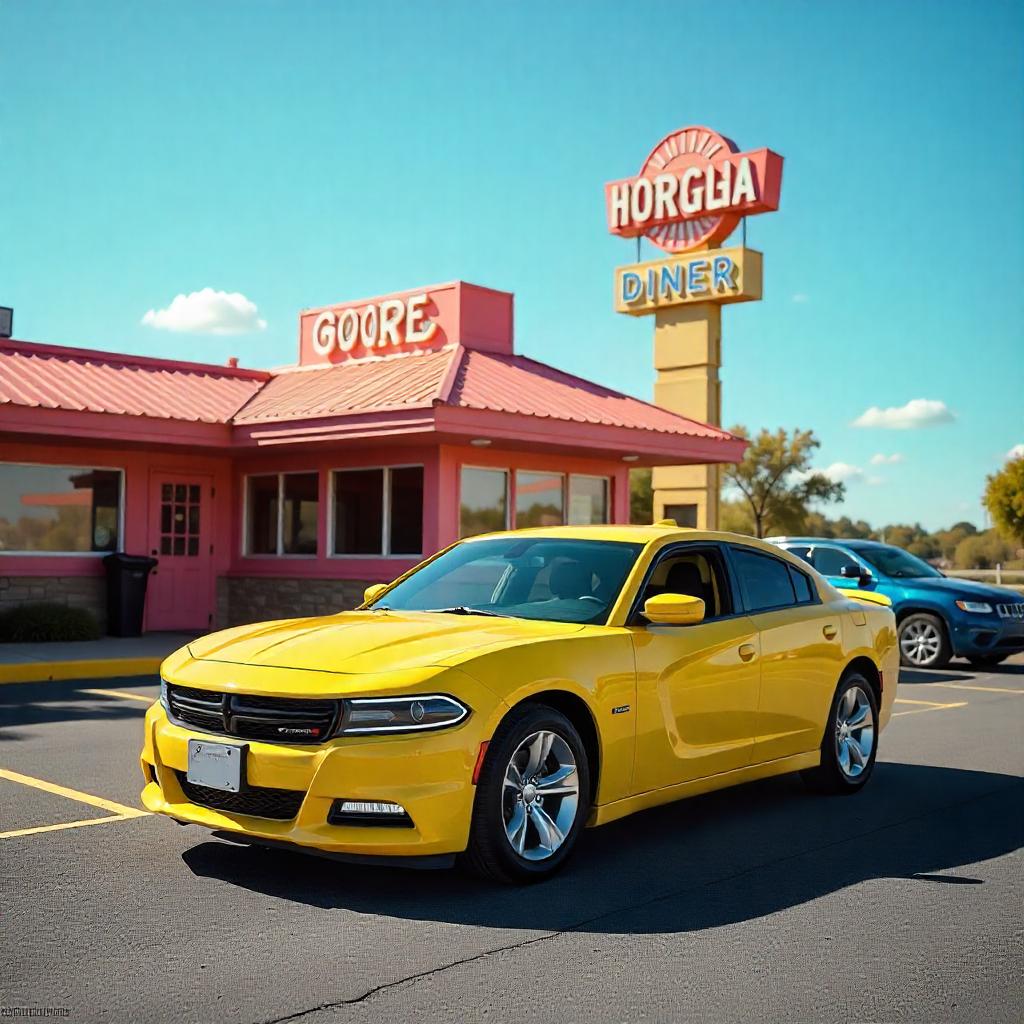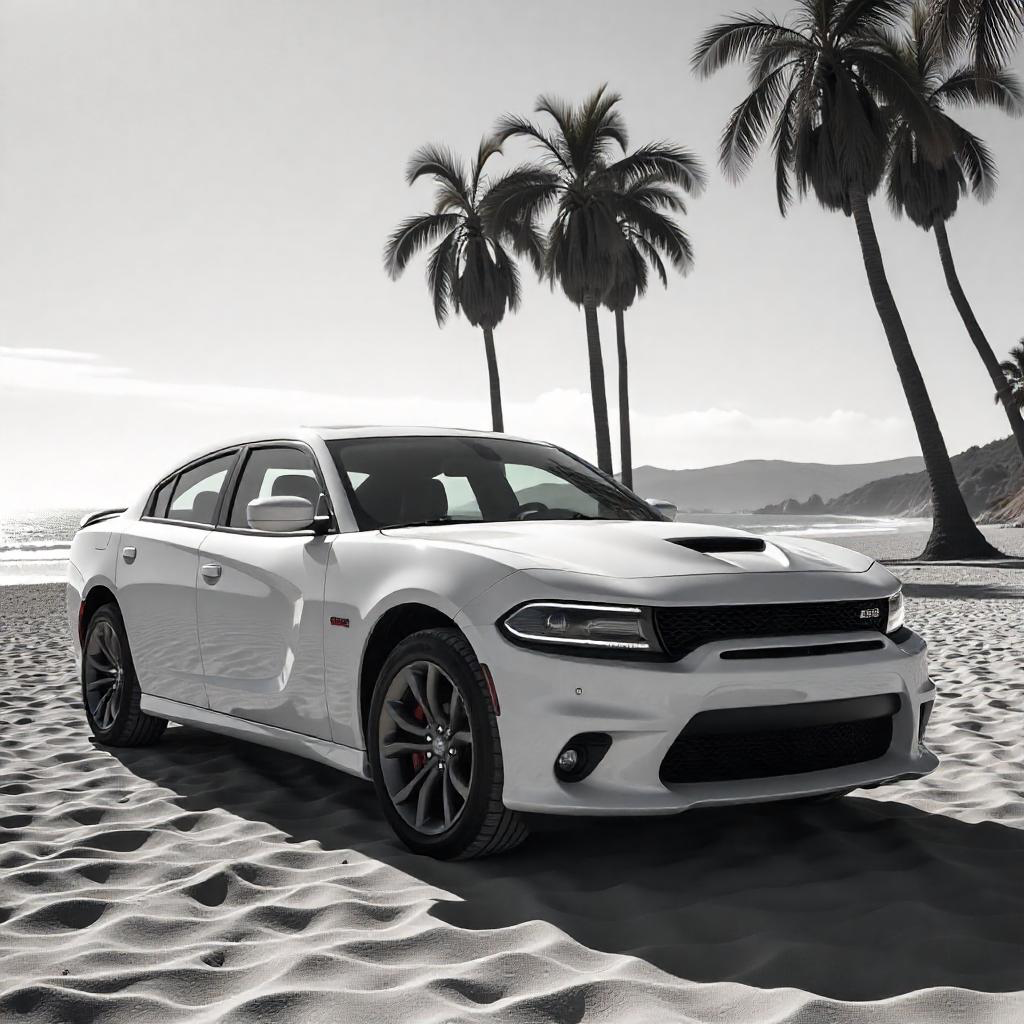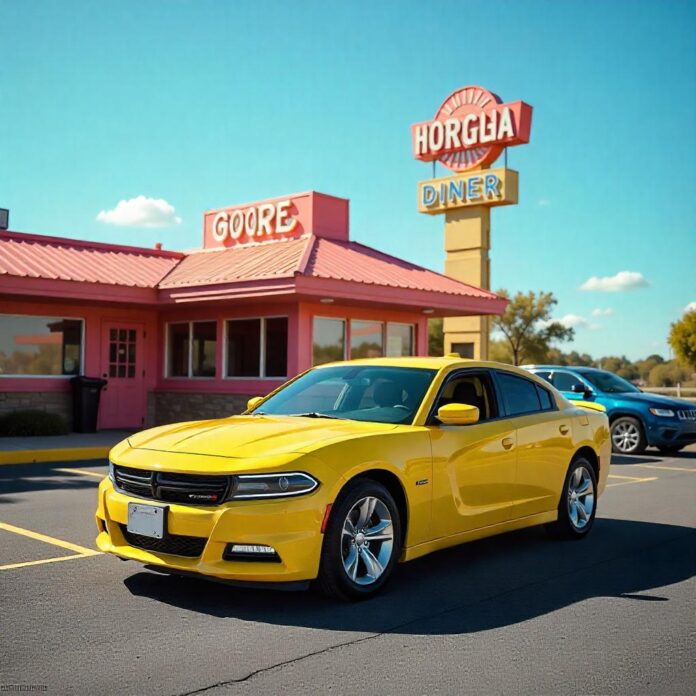
Dodge Charger EV Drivers Report Sudden Acceleration Problems
“Sudden Acceleration” Concerns Emerge in the Dodge Charger EV Community
The debut of Dodge’s eagerly awaited Charger Daytona EV generated both enthusiasm and debate. Despite showcasing remarkable specifications—up to 670 horsepower, all-wheel drive, and a 0–60 mph time of 3.3 seconds—this electric vehicle has raised alarms regarding sudden and unpredictable acceleration. Here’s an in-depth examination of the developing trends:
Electrical Glitches Delay Launch
- Dealers said the launch was delayed by 90 days because of electrical issues. These issues impacted dealer paperwork, ordering systems, and the operation of the rear hatch.
- Although production continued, these issues created a negative atmosphere from the start.
Unannounced ECU/Software Malfunctions
- Recent reports from early users have indicated sporadic incidents of “bricked” systems, where electric vehicles (EVs) become entirely unresponsive, either overnight or shortly after delivery. User accounts on various automotive forums describe the experience as “an abject failure,” expressing frustration and disappointment over the situation, which many see as a betrayal of the loyalty shown by long-time Mopar enthusiasts.
- These technical issues may originate from malfunctions in the control module or power converter, which are crucial components in vehicle performance and efficiency. Parallels can be drawn with combustion Charger models, where failures in the Powertrain Control Module (PCM) or Transmission Control Module (TCM) have resulted in sudden power loss, leading to potentially dangerous surging situations during operation. These events highlight the importance of regular diagnostics and maintenance to ensure optimal functionality and safety.
Historical Context & Broader EV Risks
- Sudden unintended acceleration (SUA) is a phenomenon that is not restricted to Dodge vehicles alone. It has been observed across the entire automotive industry, affecting a variety of makes and models, including hybrids and electric vehicles (EVs). Factors such as faults within the engine control unit (ECU), various types of electrical interference that may disrupt vehicle systems, and instances of unintentional pedal misapplication by the driver have all been identified as potential causes of these alarming acceleration issues.
- Laboratory studies have demonstrated that fluctuations in electrical voltage levels can lead to unexpected reboots of the Engine Control Unit (ECU). This malfunction can cause the vehicle’s throttle to open suddenly and uncontrollably, often occurring without any deliberate action from the driver, which poses a significant safety risk during operation.
User Experience: Bricking vs. Acceleration Surge
- Many recent owners of the Charger EV have expressed significant frustration regarding the vehicle becoming completely immobilized, commonly referred to as “bricked,” shortly after delivery, often within just a few days of receiving their new electric car. This unexpected situation has left them feeling helpless, as they struggle to understand the underlying issues and seek timely solutions to restore functionality.
- Although hard-acceleration incidents have not yet been highlighted in mainstream media, drivers of Dodge Chargers are on heightened alert due to the alarming surging patterns that have been previously observed in various internal combustion engine (ICE) models. These patterns, characterized by unexpected and rapid increases in speed, have raised concerns among vehicle owners regarding potential safety and performance issues.
Dodge’s Response & Future Outlook
- Dodge’s CEO openly addresses the backlash surrounding the brand’s latest model, admitting that “it stings” for the company to face criticism. However, he firmly asserts that they are committed to delivering a genuine “muscle car that just happens to be an EV,” aiming to bridge the gap between seasoned gearheads who cherish raw power and performance and the growing market of electric vehicle buyers who prioritize sustainability and innovation.
- Despite initial skepticism among industry experts and consumers, automotive dealers are reporting a notable rise in interest among electric vehicle (EV) owners who are actively seeking high-performance alternatives that offer enhanced speed and handling characteristics.
- The highly anticipated inline-6 internal combustion engine Charger Sixpack is expected to resonate more with automotive purists who prioritize long-lasting reliability and an authentic driving experience. In a strategic move, Dodge is striving to cater to a diverse audience by offering an exciting lineup that features both electric and traditional internal combustion muscle cars, ensuring fans of both technologies can experience powerful performance and thrilling rides.

The Charger EV’s debut marks a significant moment for Dodge and the future of electric muscle cars. While its performance is impressive, concerns about sudden acceleration and system failures remain. Dodge needs to prove that their “muscle car turned EV” meets power, safety, and reliability standards.
Whether a dedicated Mopar fan or a new EV user, the Charger Daytona EV is both a bold statement and a caution: innovation can be turbulent. Expect official investigations and software updates aimed at resolving these acceleration issues.
